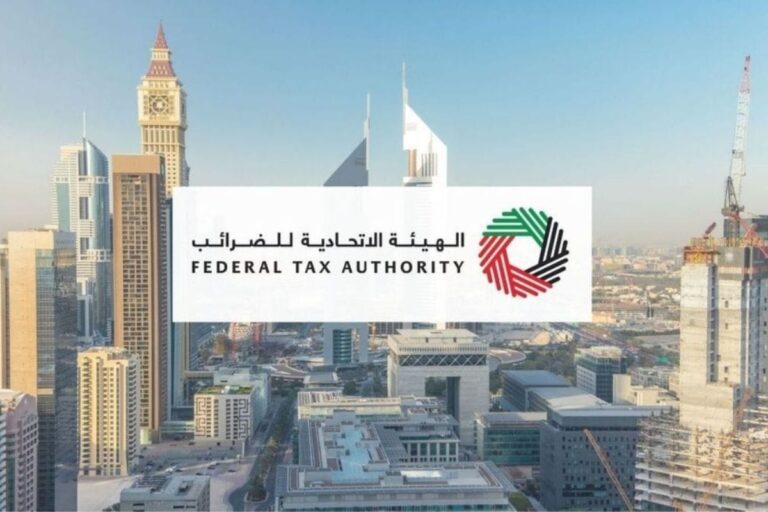The Federal Tax Authority (FTA) of the UAE has recently published an extensive guide aimed at providing clarity and guidance on the application of corporate tax regulations to free zone businesses. This long-awaited document addresses various aspects of corporate taxation, offering in-depth explanations, practical examples, and insights into the intricacies of taxation within free zones.
In-Depth Coverage Across Key Areas
The guide is structured into multiple sections, each covering essential topics relevant to free zone businesses. It begins with foundational sections such as glossary, introduction, and overview, laying the groundwork for understanding the subsequent content. These introductory sections provide users with a comprehensive overview of the guide’s objectives, terminology, and scope.
Responsibilities of Qualifying Free Zone Persons (QFZPs)
One of the focal points of the guide is the delineation of the responsibilities of Qualifying Free Zone Persons (QFZPs). Section 12 of the guide outlines these responsibilities, spanning registration, financial statement preparation, auditing, tax return submission, payment, and record maintenance. By delineating these responsibilities, the guide aims to ensure compliance with corporate tax regulations and minimize the risk of penalties.
Criteria and Requirements for QFZPs
Section four of the guide elaborates on the criteria for attaining QFZP status, outlining six specific requirements that businesses must meet. This section provides clarity on the conditions under which a business qualifies as a QFZP, shedding light on the nuances of taxation within free zones.
Calculation of Corporate Tax
The guide offers detailed instructions on the calculation of corporate tax for QFZPs, addressing the segmentation of revenue, allocation of expenses, and determination of taxable income. Section five delves into the intricacies of revenue categorization and emphasizes the importance of accurate financial reporting to ensure compliance with tax regulations.
Substance Requirements and Permanent Establishments
Sections six and seven of the guide focus on substance requirements for QFZPs and the taxation of domestic and foreign permanent establishments (PEs). These sections provide valuable insights into the requirements for conducting qualifying activities within free zones and clarify the taxation rules applicable to different types of PEs.
Clarifications and Examples
Throughout the guide, users will find numerous examples and illustrations to aid in their understanding of complex tax concepts. From beneficial recipient criteria to the calculation of qualifying income, the guide offers practical examples that elucidate key principles and facilitate comprehension.
Expert Analysis and Insights
Mahar Afzal, Managing Partner at Kress Cooper Management Consultants, provides expert analysis and commentary on the implications of the guide for businesses operating in UAE free zones. His insights offer valuable perspectives on navigating the regulatory landscape and ensuring compliance with corporate tax regulations.
Conclusion: A Comprehensive Resource for Free Zone Businesses
The release of the free zone persons’ guide by the FTA represents a significant milestone in enhancing transparency and clarity in corporate taxation for free zone businesses. With its comprehensive coverage, practical examples, and expert insights, the guide serves as an invaluable resource for businesses, tax professionals, and stakeholders across the UAE’s free zones.
Stay tuned for our upcoming articles delving into qualifying and excluded activities in more detail.
For more updates follow the Finance World on Instagram, LinkedIn, and YouTube.


